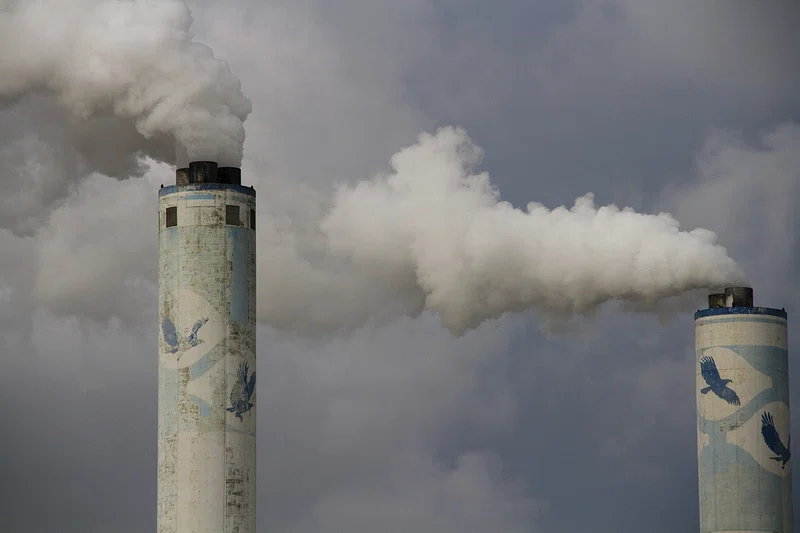On the brink of COP28, a new study published by The BMJ reveals that Fossil Fuel-Related Air Pollution is responsible for a staggering 5 million deaths each year worldwide. This death toll is much higher than previously estimated and it sheds light on the urgency for global leaders to confront the silent killer lurking in our air.
The study offers a ray of hope, suggesting that phasing out fossil fuels could be a game-changer. In South, South East, and East Asia, where the death toll is most severe, such a shift could prevent up to 3.85 million deaths annually, representing a significant 80-85% reduction. Even high-income countries, largely dependent on fossil fuels, could potentially avert around 460,000 deaths yearly – a staggering 90% reduction.
Drawing upon data from the Global Burden of Disease 2019 study, NASA satellite-based fine particulate matter and population data, the study advocates for a transition to clean, renewable energy sources. This transition aligns with the Paris Climate Agreement’s ambitious goal of climate neutrality by 2050. The researchers emphasize that replacing fossil fuels could not only save lives but also contribute to mitigating climate change.
"The 1.5-degree limit is only possible if we ultimately stop burning all fossil fuels." – UN Secretary-General Antonio Guterres said during his speech at the COP28 summit in Dubai. #COP28📷 #ClimateAction #endfossilefuels pic.twitter.com/Q0cVnTdVfR
— Nopolluting (@nopolluting) December 1, 2023
As the world gears up for COP28 in Dubai, the study puts the spotlight on the imperative to address public health risks associated with fossil fuel-related air pollution. The findings underscore the need for a global commitment to gradually phase out fossil fuels, a decision that could prove pivotal in the battle against air pollution and its deadly consequences.
The Scale of the Problem
The study’s findings, unveiled on the eve of COP28, emphasize the gravity of the situation. Fossil fuel-related air pollution accounts for a staggering 61% of the total estimated 8.3 million deaths worldwide due to outdoor air pollution in 2019. These numbers, larger than most previously reported values, underscore the urgency for decisive action.
Previous mortality estimates have varied widely, contributing to a lack of clarity on the true impact of fossil fuel-related air pollution. This new modeling study provides a more comprehensive view, offering estimates that are larger than most previous values. The researchers assert that a global phase-out of fossil fuels could yield even more significant health benefits than previously thought.
As the world confronts the startling reality of 5 million lives lost annually to fossil fuel-related air pollution, the road ahead demands bold and decisive action. The study’s call to phase out fossil fuels resonates strongly as leaders gather for COP28, presenting an opportunity to align climate goals with public health imperatives. The silent killer in our air demands nothing short of a global commitment to transition towards clean, renewable energy sources. The time to act is now, for the health of our planet and the lives of millions hanging in the balance.










